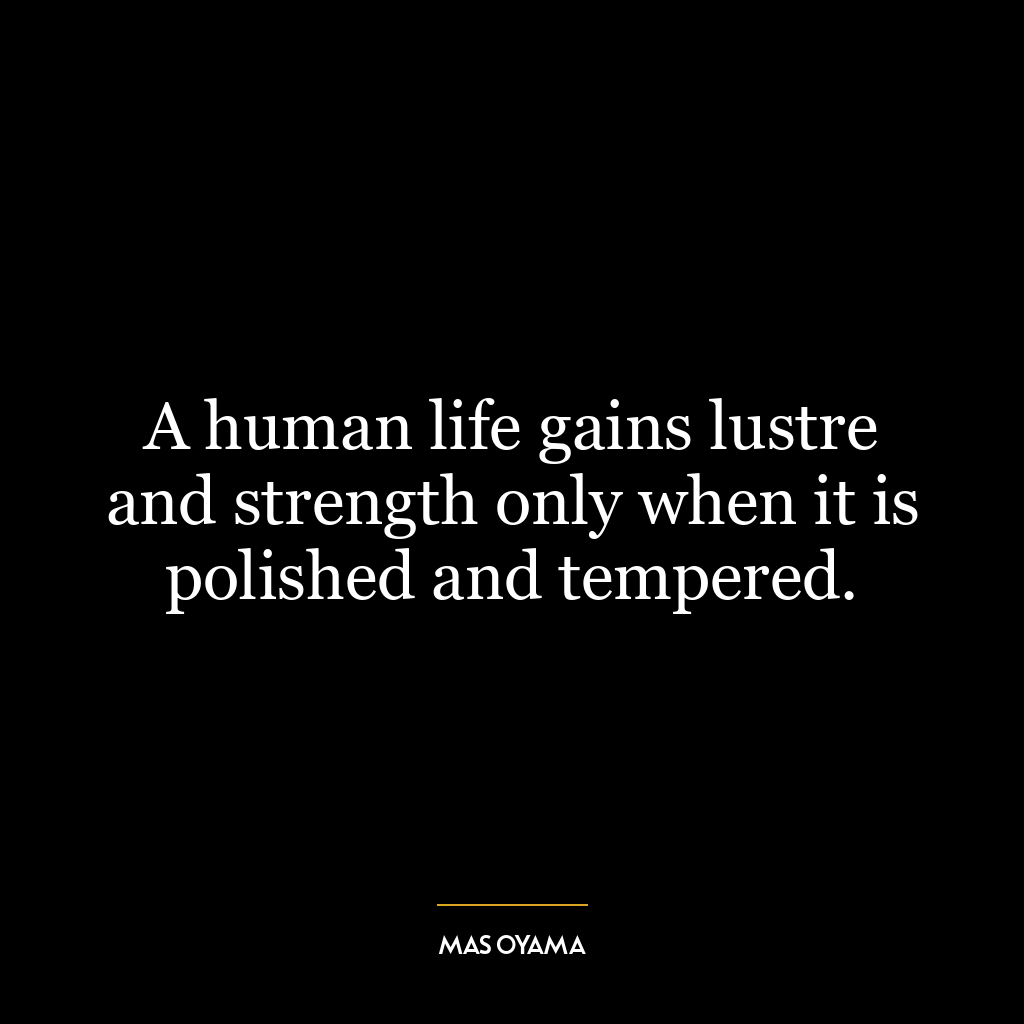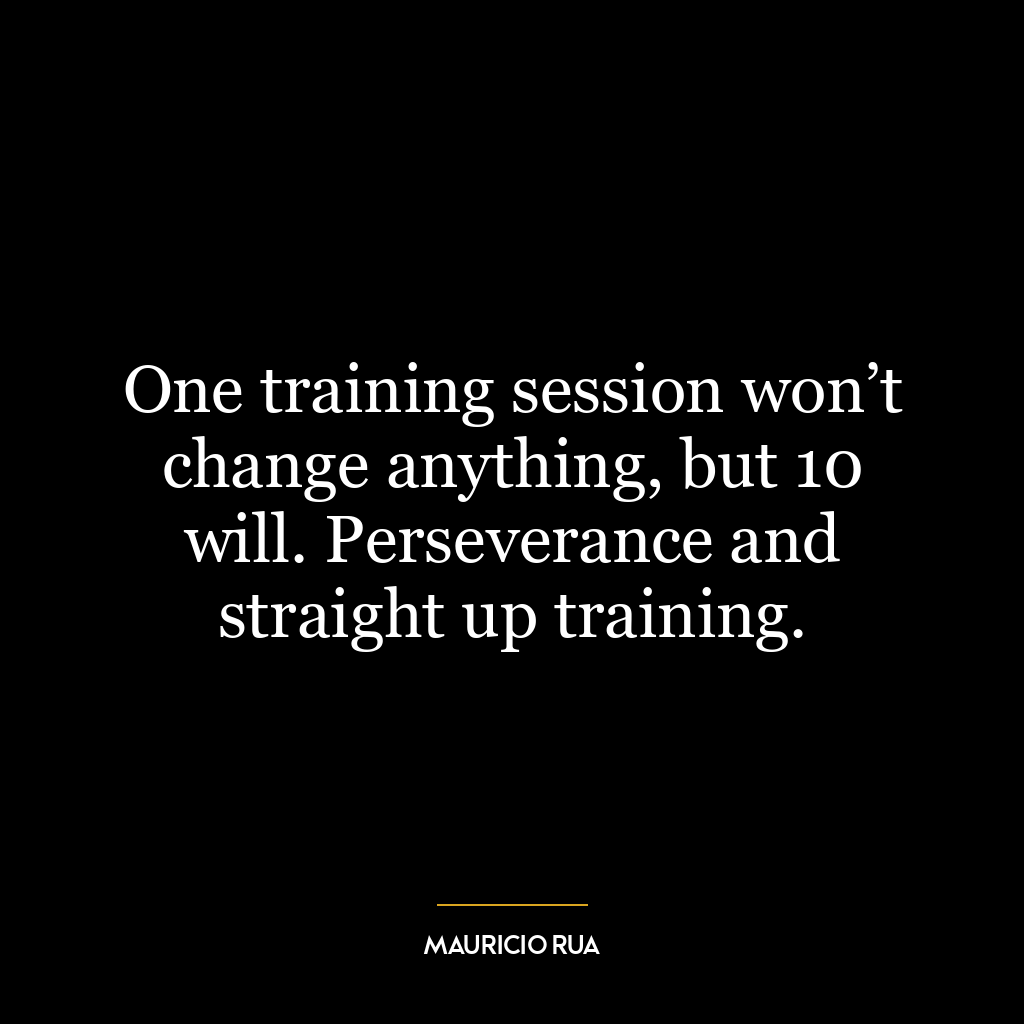Taking the pledge will not make bad liquor good, but it will improve it.
This quote suggests that making a commitment (taking the pledge) won’t transform something inherently flawed (bad liquor) into something perfect, but it will bring about a noticeable improvement. It’s a metaphorical way of saying that commitment and dedication can lead to improvement, even if perfection is unattainable.
In this context, “taking the pledge” could refer to any commitment, such as adopting a healthier lifestyle, learning a new skill, or improving a relationship. The “bad liquor” represents the initial state of the thing or situation you’re trying to improve. It may not be ideal to start with, and you might not be able to make it perfect, but your dedicated efforts will lead to positive changes.
Applied to personal development, this quote suggests that committing to self-improvement can lead to significant benefits, even if you don’t become perfect. For example, if you commit to exercising regularly, you might not become an athlete, but you will become fitter and healthier.
In today’s world, this idea can be applied in various contexts. In education, for instance, a student who struggles with a particular subject may not become a top student by pledging to study harder. However, their grades and understanding of the subject will improve. In a professional context, an employee might not become the best in their field by committing to improve their skills, but they will become more competent and valuable to their organization.
This quote encourages us to strive for continuous improvement rather than perfection. It reminds us that commitment and dedication are valuable, even when perfection is out of reach. It’s a powerful message of hope and resilience, emphasizing the importance of effort and perseverance.










